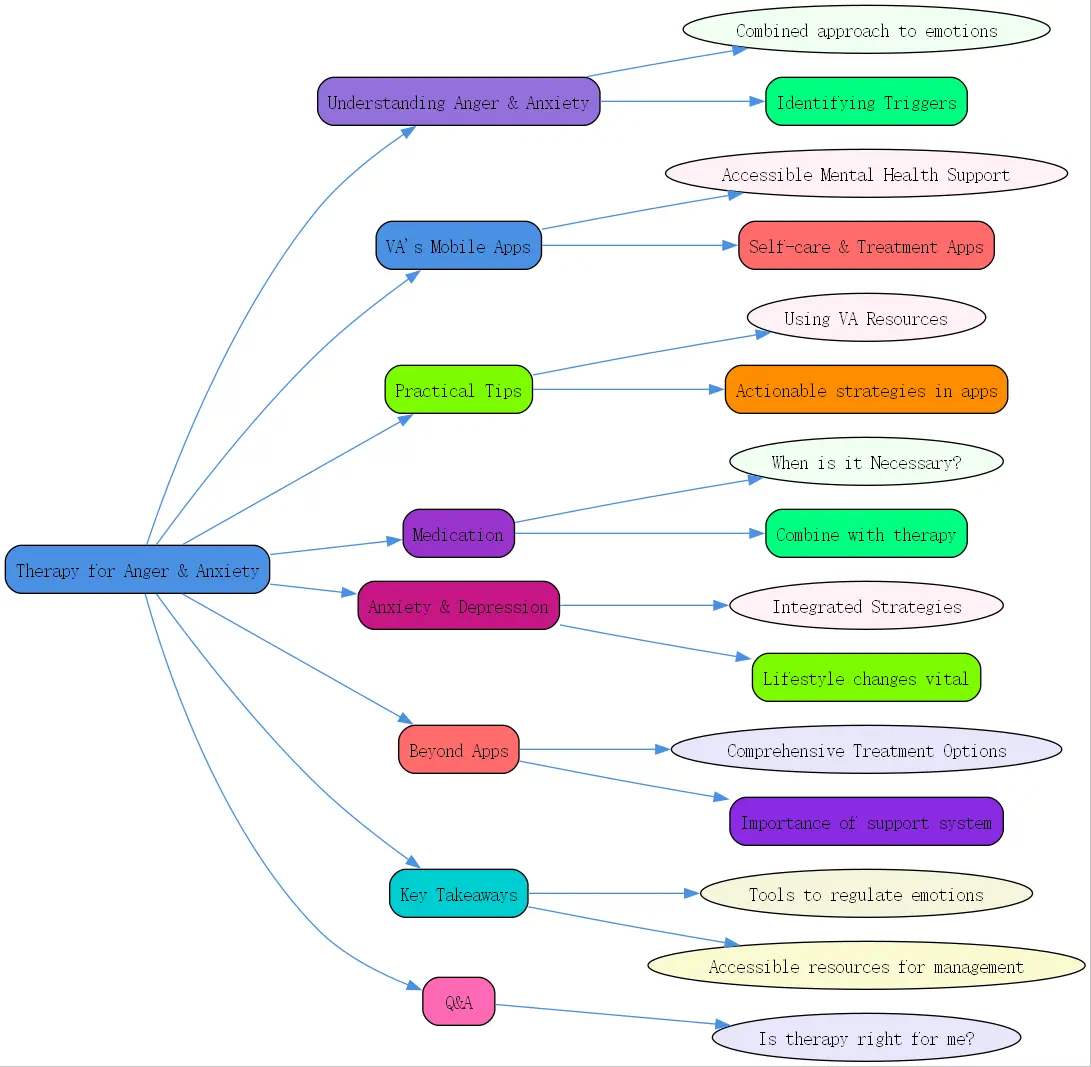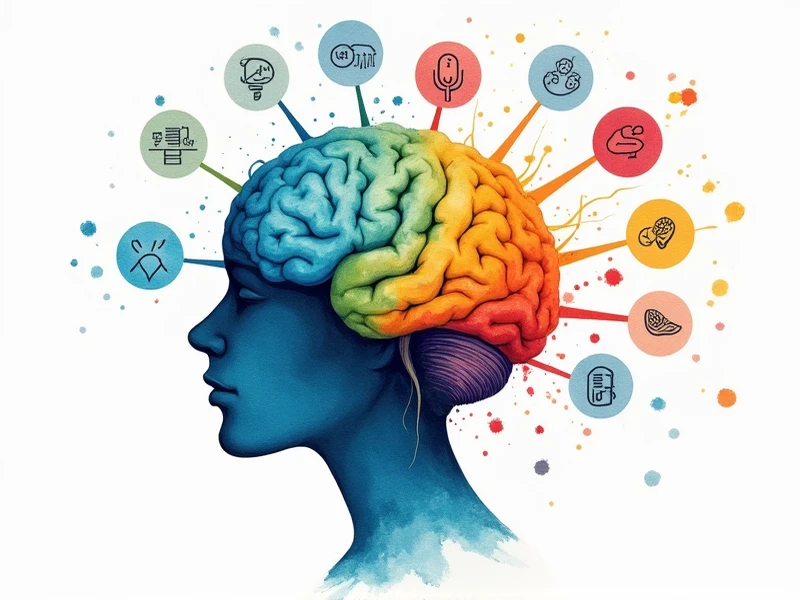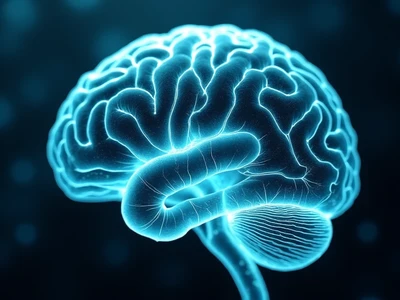Understanding Anger and Anxiety: A Combined Approach

Anger and anxiety are two emotions that often go hand in hand, yet they can be difficult to navigate without proper support. Recognizing the connection between these emotions is the first step toward healing. Both anger and anxiety stem from our body’s natural response to perceived threats or stressors. When left unchecked, they can create a cycle of emotional turmoil that affects daily life.
Identifying triggers is crucial when dealing with co-occurring anger and anxiety. Triggers vary from person to person but often include situations like conflict, financial stress, or feelings of inadequacy. By understanding what sets off these emotions, individuals can take proactive steps to manage them.
Therapy plays a pivotal role in addressing both anger and anxiety effectively. Cognitive Behavioral Therapy (CBT) and other evidence-based approaches help individuals reframe negative thought patterns. Therapy for anger management and anxiety provides tools to regulate emotions, fostering healthier coping mechanisms. With professional guidance, individuals can learn to respond to triggers constructively rather than react impulsively.

VA’s Mobile Apps and Online Programs: Accessible Mental Health Support
The VA’s National Center for PTSD offers a range of free mental health apps designed to support individuals struggling with anger, anxiety, and other emotional challenges. These apps provide accessible tools and resources that complement traditional therapy methods. Whether you’re managing symptoms independently or seeking additional support during treatment, these digital solutions can make a significant difference.
There are two main types of apps: self-care apps and treatment companion apps. Self-care apps are ideal for anyone looking to manage symptoms of mental health conditions, such as PTSD, stress, or anger. They offer practical tools to cope with everyday challenges. On the other hand, treatment companion apps are tailored to support specific therapeutic interventions like Cognitive Processing Therapy (CPT) or CBT for insomnia. These apps enhance the effectiveness of therapy by reinforcing skills learned in sessions.
One standout feature of these apps is their ability to address multiple aspects of mental health. For instance, users can access sections dedicated to managing stress, anger, anxiety, and depression. This holistic approach ensures that individuals receive comprehensive support. Additionally, features like symptom tracking and crisis resources empower users to monitor their progress and seek help when needed.

Practical Tips to Manage Anxiety and Stress Using VA Resources
Incorporating VA apps into your daily routine can significantly reduce anxiety and stress levels. The “”Tools”” section within these apps provides actionable strategies to cope with overwhelming emotions. Techniques such as deep breathing exercises, mindfulness practices, and grounding activities are readily available at your fingertips. These tools are particularly helpful during moments of heightened stress or frustration.
The “”Learn”” section is another valuable resource for those seeking tips to manage anxiety and stress. It offers educational readings, FAQs, and expert advice on various mental health topics. By gaining a deeper understanding of your condition, you can develop personalized strategies to tackle challenges more effectively. Knowledge empowers individuals to take control of their mental health journey.
Tracking progress is essential for long-term success. Many VA apps include a tracking feature that allows users to monitor their symptoms over time. This data-driven approach helps identify patterns and measure improvements. Celebrating small victories along the way boosts motivation and reinforces positive habits. Whether you’re using BrainTalking’s insights or VA’s apps, consistency is key to achieving lasting results.
Medication for Anxiety and Anger Management: When is it Necessary?
While therapy and self-help strategies are highly effective, medication may sometimes be necessary to manage severe cases of anxiety and anger. Medications like selective serotonin reuptake inhibitors (SSRIs) or benzodiazepines can help stabilize mood and reduce symptoms. However, it’s important to consult a healthcare provider before starting any medication regimen.
Discussing medication options with your doctor ensures that you receive the most appropriate treatment for your needs. Your provider will consider factors such as symptom severity, medical history, and potential side effects before making recommendations. Combining medication with therapy often yields the best outcomes, as it addresses both biological and psychological aspects of mental health.
For example, someone undergoing therapy for anger management and anxiety might benefit from medication to alleviate acute symptoms while learning new coping skills. This integrated approach promotes balance and resilience. Remember, medication should always be viewed as one component of a broader treatment plan.
Anxiety and Depression Management: Integrated Strategies
Anxiety and depression frequently coexist, creating a complex web of emotional challenges. Recognizing the overlap between these conditions is vital for effective management. Symptoms like fatigue, irritability, and difficulty concentrating often occur in both disorders, making it essential to adopt an integrated strategy.
VA resources provide excellent support for managing both anxiety and depression. From guided meditations to cognitive restructuring exercises, these tools cater to diverse needs. Additionally, lifestyle changes such as regular exercise, balanced nutrition, and adequate sleep play a crucial role in promoting mental well-being.
Building healthy habits takes time, but the effort pays off. Engaging in activities that bring joy, connecting with loved ones, and practicing gratitude can significantly improve mood and reduce symptoms. BrainTalking emphasizes the importance of self-care routines in maintaining mental wellness. By addressing anxiety and depression simultaneously, individuals can achieve greater emotional stability.

Beyond Apps: Comprehensive Treatment Options for Anger and Anxiety
While mobile apps are incredibly useful, exploring different types of therapy can further enhance recovery. Cognitive Behavioral Therapy (CBT), Acceptance and Commitment Therapy (ACT), and Prolonged Exposure Therapy are just a few examples of evidence-based treatments available. Each modality targets specific issues, empowering individuals to overcome obstacles unique to their situation.
A strong support system is equally important in the healing process. Friends, family members, and support groups provide encouragement and accountability. Sharing experiences with others who understand your struggles fosters a sense of belonging and reduces feelings of isolation. BrainTalking encourages readers to lean on their networks during challenging times.
Knowing when to seek professional help is critical. If anger or anxiety begins interfering with daily functioning, it’s time to reach out to a mental health expert. Early intervention prevents symptoms from worsening and promotes faster recovery. Remember, seeking help is a sign of strength, not weakness.
Key Takeaways
- Therapy for anger management and anxiety equips individuals with tools to regulate emotions and build resilience.
- VA’s self-care and treatment companion apps offer accessible resources for managing stress, anger, anxiety, and depression.
- Tracking progress and utilizing educational materials enhances self-awareness and promotes growth.
- Medication can complement therapy for optimal results, especially in severe cases.
- Addressing anxiety and depression together through integrated strategies leads to better outcomes.
- Exploring diverse therapies and building a robust support system are essential for long-term success.
Q&A Section
Q: How do I know if therapy for anger management and anxiety is right for me?




